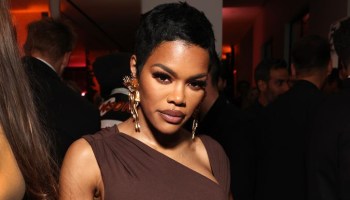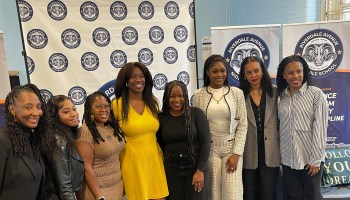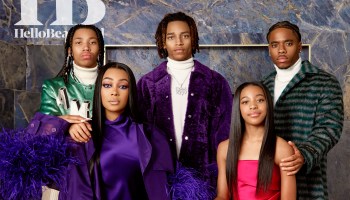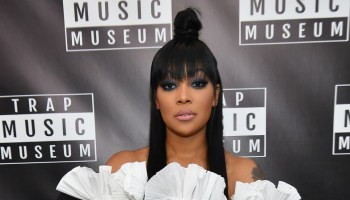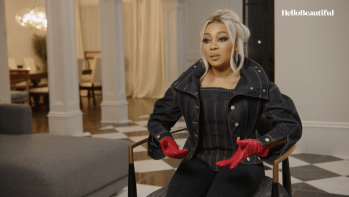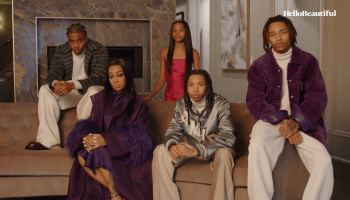Being a Black woman in the workplace is a mixed bag. Sometimes it means being on your grind and outshining everyone else because you’ve been running things. That often means working twice as hard and even when you outshine, still only getting half the recognition you deserve. Sometimes it means dealing with the double jeopardy of both racism and sexism.
Sometimes it means being the only Black woman, and therefore having to “represent.” Whatever you’re sometimes dealing with, it’s good to know the facts on what exactly is going in the American workplace if you’re Black and a woman.
1. Participation in the labor force.
According to the U.S. Department of Labor Statistics (2013), there are 99.5 million women in the workforce. Of that figure, 16.6. million are Black. Of the percentage of Black women who are in the “working age,” 59 percent of Black women are employed or looking for work. This is up by 10 percent in comparison to the 1972 statistics. This percentage is also two points higher than the average for all women. So the next time you’re in a conversation that tries to position Black women as welfare queens or some other stupid stereotype, throw out that information and continue sipping your tea.
2. Black women’s’ earnings.
According to the Department of Labor again, Black women’s earnings increased by 75% between 1967 and 2013, from an average of $19,477 to $34,089. In the same period, all women’s wages went up by 55%. But before we get too excited about it, the average for all women in that period went from $25,307 to $39,157. So Black women are still being paid less than their White counterparts. Not only that, a moment of silence for the reality that Black women earn 64 cents for every dollar paid to White men. In those most profound words of Rihanna: BBHMM!
3. How hard Black women work.
According to a graph of the labor participation rate in The Atlantic, which looked at black, white, and Hispanic men and women, Black women worked harder than all other women, although as noted in the piece, they were out earned by White women. It is also taken for granted that Black women work longer hours than all women. Additionally consider that 75% of Black women with children under 18 were in the labor force in 2013, as compared to 70% of all women. So Black women not only work harder and work longer hours, they work that “double day” more than other women.
4. Where Black women work.
Here’s a piece of information that’ll make you side-eye everything: “Employed black women are more likely than all women to work in the lowest paying occupational category and less likely to work in the highest paying occupational category.” So where are most Black women working? According to 2012 Census Bureau statistics, 32.6 percent of Black women are in management, business, and science occupations, compared to 39.6% of all American women. Approximately 31.8% of Black women work in sales and office occupations, which is just under American women’s average of 32.1%. As for the service industry, 28.1% Black women, compared to 21.7% of all women, work in these occupations. With loads more Black women enrolling into, and graduating from college, we hope to see some of the numbers change.
5. Black women owning businesses.
More than ever before, Black women own their own businesses. According to the 2015 State of Women-Owned Business Report, the number of businesses owned by black women increased by 322 percent in less than 20 years! Compare this to the growth rate of all women-owned businesses, which is 74 percent in the same time period. Overall, Black women now own 14 percent of all businesses in the country. As mentioned earlier, Black women are running things, and in order to keep things that way, a call: support Black women’s business.
MORE STORIES AT HELLOBEAUTIFUL:
Women Weigh In: Is It Easier To Work For A Male Or Female Boss?
Do Black Women Have A Harder Time Making It To The Top Of The Corporate Ladder?
Sisterhood Of The Fellow Female Entrepreneur: How Working Together Gets Us Further











